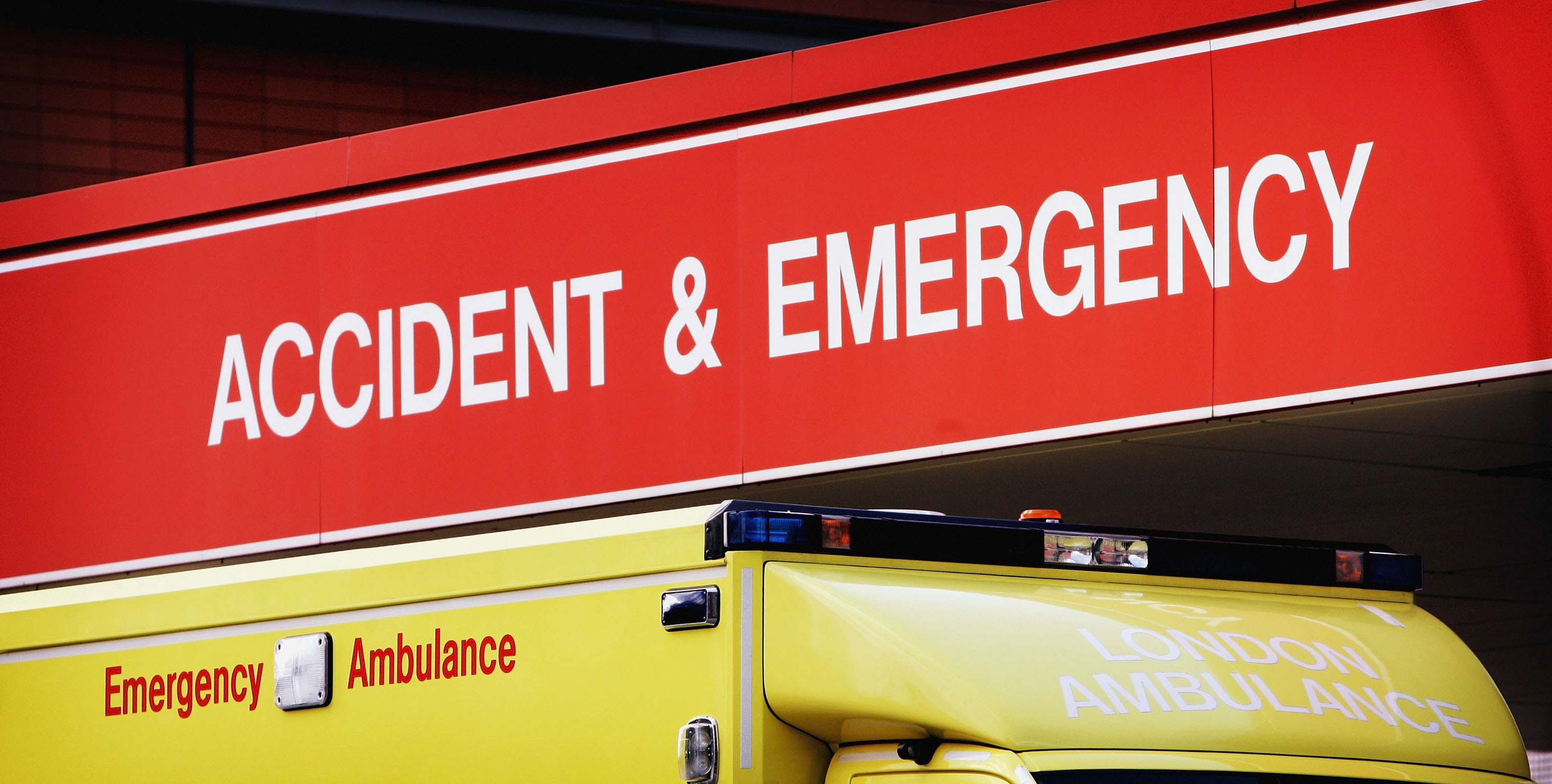Fighting Ebola with microscopes
Ebola – a disease that devastated West Africa last summer – is now a household name, as its viral tentacles spread rapidly from Guinea and then onwards to Sierra Leone and Liberia, leaving thousands upon thousands dead, with both the domestic and international community scrambling to respond.
The World Health Organisation (WHO) called it “the most severe acute public health emergency seen in modern times,” adding that “never before in recorded history has a biosafety level four pathogen infected so many people so quickly, over such a broad geographical area, for so long.”
Less than a year later, however, the disease, which has killed by a conservative estimate more than 10,000 people, is now contained, the end of the epidemic itself in sight.
This drastic turnaround – from a humanitarian crisis of potentially global consequences – to the much more controlled disease that it is now is thanks, in part, to a mass mobilisation of health workers, both domestic and international.
Volunteers
Four Unite members, biomedical scientists from Brighton and Sussex Hospitals University Trust, played their part as volunteers in labs in Sierra Leone, where they worked tirelessly under strenuous conditions to test potentially infected patients for the disease.
Adrian Atterbury explains that there was an NHS call-out for volunteers, as labs over Christmas time last year were desperately understaffed.
“It’s not often that there’s a world crisis and someone shouts for a laboratory scientist,” Atterbury said.
Emily Clement agreed. “It was a chance to help, to make a difference,” she said. “And also we were given so much support – our travel was paid, our salary was paid. There really wasn’t any reason not to do it.”
For five weeks, they were sent to work at Ebola treatment centres which were set up to support the existing health system in the country. Atterbury explains that laboratory scientists were needed especially because of the nature of the disease.
“Ebola symptoms, at least at the outset, are so vague, so general. Until it really gets going, it’s difficult to differentiate from something like malaria,” he said. “So a quick turnaround on confirming whether someone has the disease or not is enormously helpful.”
Tough conditions
When the crew of scientists arrived, they faced tough conditions, including working in heavy protective equipment at all times in searing, 30-plus degree heat.
Thomas Somassa, who is originally from Sierra Leone, contends that even for him, the heat was difficult to adjust to.
But both he and his colleagues said that the training they received before they departed prepared them for almost every scenario imaginable.
“The replica lab where we received our training replicated a series of disasters that we had to respond to, so we’d know how to react when we were doing the real thing,” Somassa explained. “When you’re working in a mobile lab like we were, you don’t have the facilities we’re used to in our usual workplace, so that level of intensive training was absolutely essential.”
Thomas Harman wasn’t prepared, however, for becoming ill himself. He came down with a fever, an early symptom of potential Ebola.
“They took me away in an ambulance and brought me to an isolation room,” he said. “I was held there for 24 hours until the fever went away.”
Harman said that in the end, he was only tested for malaria and not Ebola. “I really didn’t think I had it but at the same time it was definitely worrying.”
Somassa recalls being invited to a ceremony held by families affected by Ebola. They had just discharged four patients, who must test negative for the disease three times before they can leave the treatment centre.
Health workers are often invited to such ceremonies but since Somassa could speak the language, he had the opportunity interact with families and hear their stories.
“One of our patients who had been infected with Ebola was a six-year- old child, and it was incredible because no one thought she would survive,” Somassa. “At the ceremony, everyone was singing and celebrating. I’ll never forget that.”
Atterbury noted how rewarding it was to work in an environment which valued lab workers.
“The work in the labs was quite high profile over there,” he said. “I had people stopping me in the camps saying, â€Oh you work in the lab. Thank you, you guys have really helped turn things around here.’”
“It was a big difference from working in the health service here, where generally if you work in the labs, they’re always trying to find some reason to fire us,” Atterbury laughed.
The group attended the Advancing Healthcare Awards, of which Unite sponsors one award, on April 17. It was here that they were given a standing ovation by the hundreds of the ceremony attendees.
But when the group spoke to UNITElive, they insisted the part they played in fighting Ebola was a very small one.
Actions
“There’s no cure for Ebola, so the treatment centres were really centralised places for people to go to when they got the disease,” Atterbury explained. “But what stopped the disease from spreading was the actions of the West African people themselves – they are the ones who deserve the most credit.”
“They had to change the way they buried their dead. They had to stop touching, stop gathering. There was a curfew in place and schools had closed for 14 months.”
Somassa added that the “no-touch” policy was an especially drastic one, given how close and familial many Sierra Leonean communities are. Harman pointed out that the ambulance drivers had been working for months without pay. “They were still there, working, just to help people out and not for their own good.”
“We were just passing by for five weeks,” Atterbury added. “It was the people themselves who had to live with one of the terrors of the earth. And it was their actions that saved the rest of us.”
Reflecting on the experience, Clement explained how it gave her a newfound gratitude for the NHS.
“We don’t have to walk around worrying about infections and epidemics. It really makes you realise how immensely lucky we are to have the health service that we do, one that’s accessible to all of us.”
 Like
Like Follow
Follow




